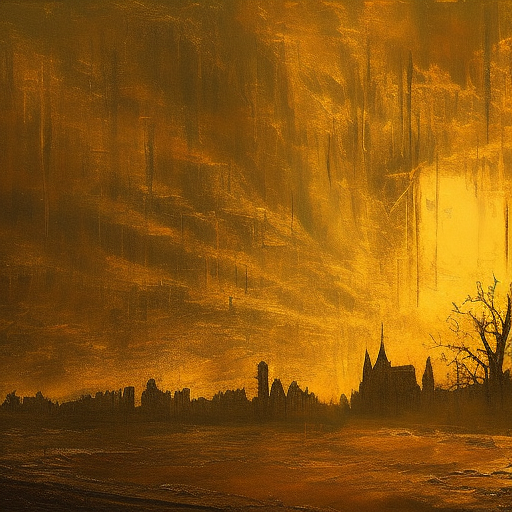One-line Summary:
Werckmeister Harmonies, directed by Béla Tarr, is a mesmerizing and thought-provoking film that explores themes of power, chaos, and the human condition. Set in a small Hungarian town, the story follows János, a young man who becomes entangled in the town’s unrest after a mysterious circus arrives with a giant whale. As tensions rise and violence erupts, János finds himself caught in a web of manipulation and despair.
Main Cast and Crew:
- Director: Béla Tarr
- Writers: Béla Tarr, László Krasznahorkai
- Key Actors: Lars Rudolph as János Valuska, Peter Fitz as György Eszter, Hanna Schygulla as Tünde Eszter, János Derzsi as Valuska’s Uncle
- Music Director: Mihály Vig
- Director of Photography: Gábor Medvigy
- Producers: Paul Saatci, Ruth Waldburger
Plot:
Werckmeister Harmonies takes place in a small Hungarian town, where János Valuska, a young and innocent postman, witnesses the arrival of a mysterious circus. The circus brings with it a massive whale, which becomes the center of attention and curiosity for the townspeople.
As the story unfolds, the town becomes consumed by chaos and unrest. A group of agitators, led by György Eszter, stirs up the townspeople, blaming the whale for their misfortunes. János, who is fascinated by the harmony of the cosmos, tries to maintain order and peace amidst the growing tension.
However, the chaos escalates, leading to violent protests and destruction. János finds himself caught in the middle, torn between his desire for harmony and the destructive forces that threaten to tear the town apart. The film delves into the psychological and emotional impact of power and manipulation, as János struggles to make sense of the world around him.
Themes and Motifs:
Werckmeister Harmonies explores several central themes, including the nature of power, the fragility of order, and the human condition. The film raises questions about the role of manipulation and propaganda in society, as well as the consequences of blindly following charismatic leaders.
One of the film’s key motifs is the concept of harmony. János is fascinated by the harmony of the cosmos and believes that chaos can be overcome through understanding and unity. However, the arrival of the circus disrupts this harmony, leading to a breakdown in the social fabric of the town.
Reception and Legacy:
Upon its release, Werckmeister Harmonies received critical acclaim for its stunning cinematography, atmospheric storytelling, and philosophical depth. The film won several awards, including the Grand Jury Prize at the Cannes Film Festival.
Werckmeister Harmonies has had a lasting impact on cinema, influencing filmmakers with its unique visual style and thematic exploration. Béla Tarr’s meticulous direction and the film’s haunting atmosphere have solidified its status as a cult classic.
Recommendation:
Werckmeister Harmonies is a visually stunning and intellectually challenging film that will captivate viewers who appreciate thought-provoking cinema. Its slow pace and atmospheric storytelling may not be for everyone, but those who are willing to immerse themselves in its world will be rewarded with a profound and unforgettable experience.
Memorable Quote:
“The world is a bad place, a bad place.” – János Valuska












